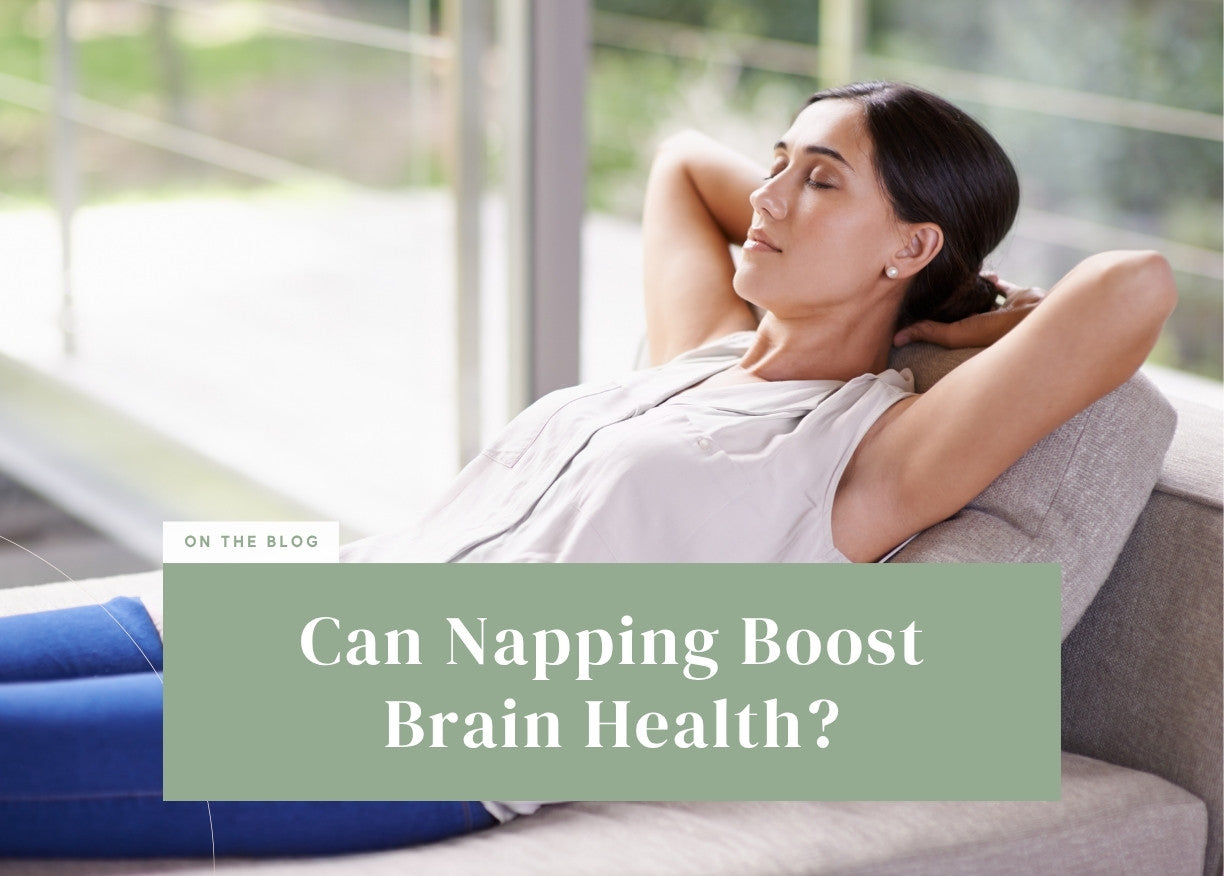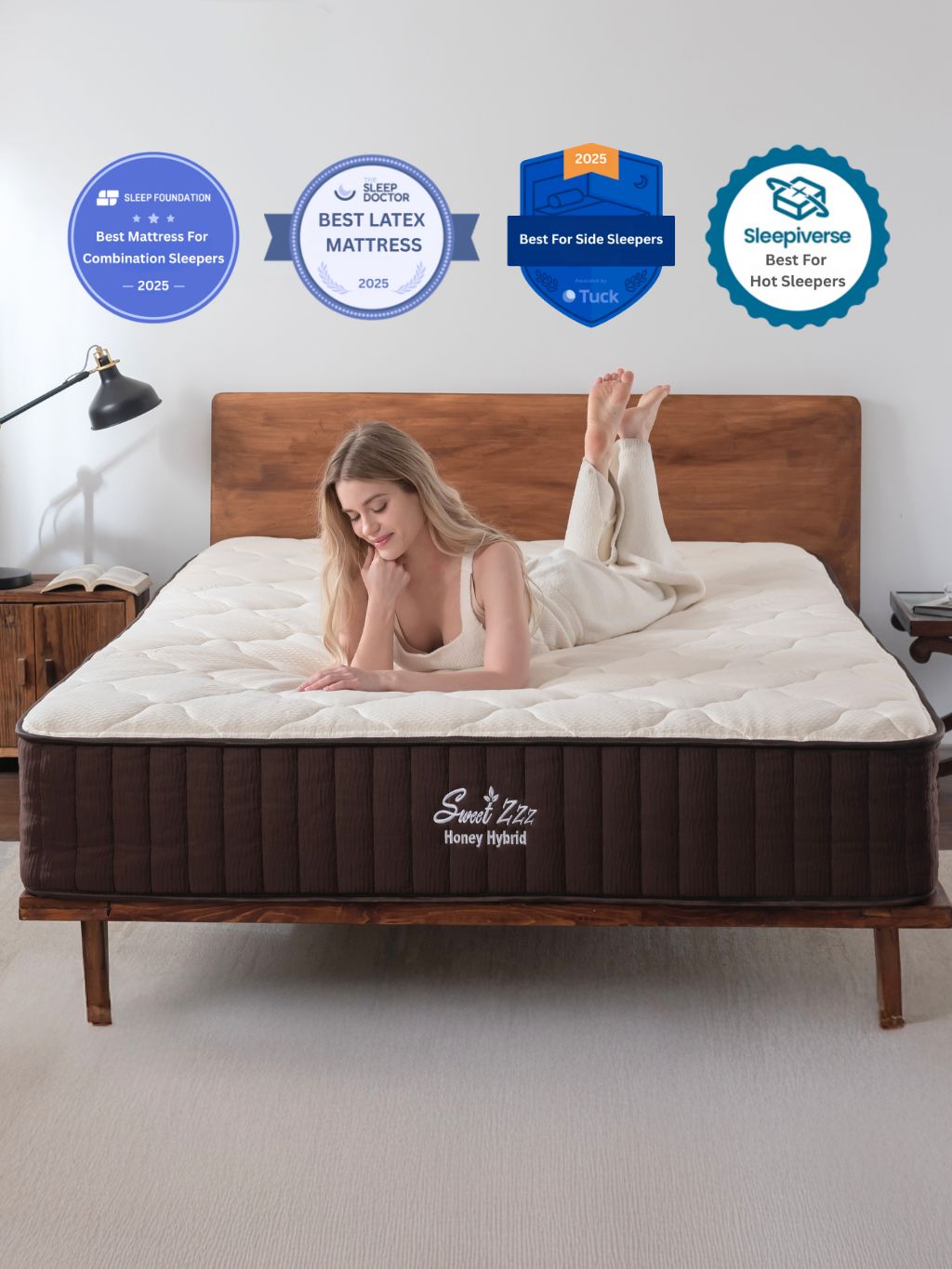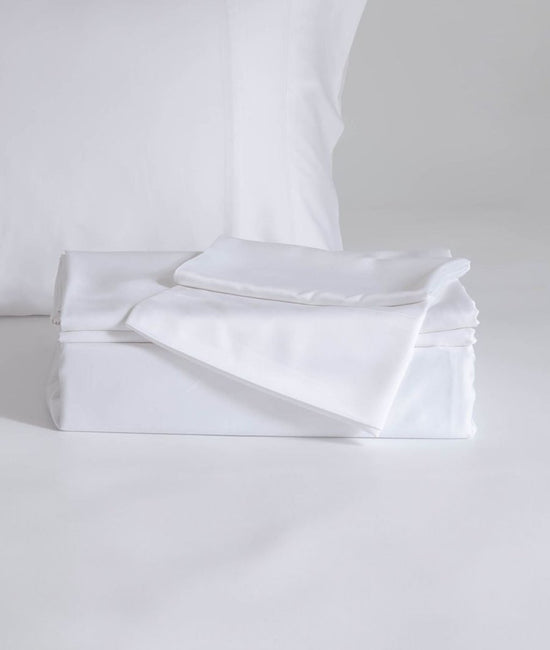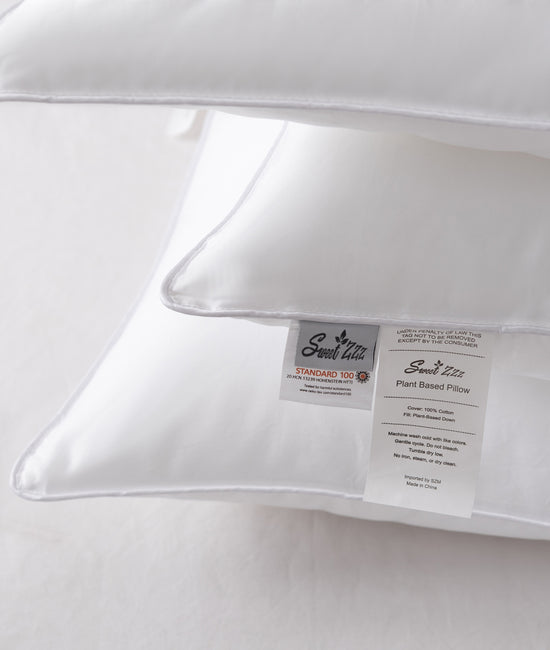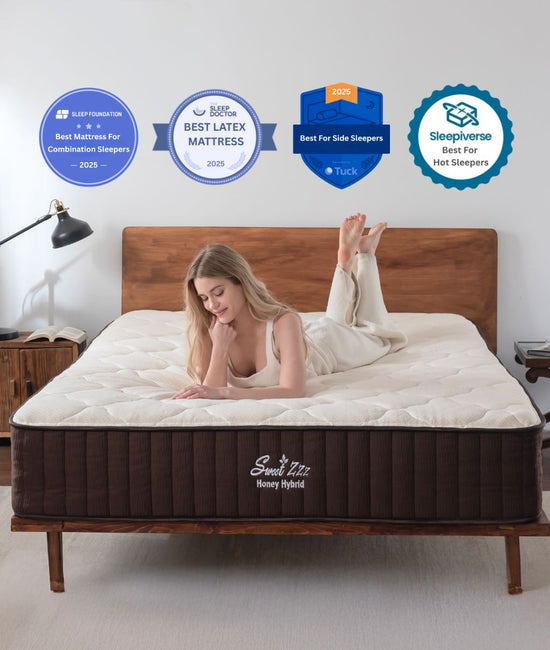Can Napping Boost Brain Health?
Last Sunday, I laid down for “just 10 minutes” after lunch and woke up 45 minutes later feeling like I’d been rebooted. My brain fog was gone, my energy came back, and I didn’t even need coffee to finish the day.
It got me wondering: was that nap just a lucky break—or is there real science behind the brain-boosting power of a midday snooze?
Turns out, napping might be one of the most underrated tools for mental clarity, memory, and long-term brain health. Here’s what you need to know.
1. How Napping Affects the Brain

Research shows that short naps (10–30 minutes) can:
-
Boost alertness and focus
-
Improve learning and memory consolidation
-
Enhance emotional regulation
-
Reduce mental fatigue
Even NASA found that a 26-minute nap improved performance in pilots and astronauts by 34% and alertness by 54%.
So yes—your brain loves a good nap.
2. Can Napping Protect Your Brain as You Age?

Here’s where it gets interesting.
A large study in the journal General Psychiatry found that people who took regular daytime naps had larger total brain volumes—a key marker for long-term brain health and reduced risk of dementia.
Other research links napping to:
-
Better cognitive function in older adults
-
Slower age-related brain shrinkage
-
Improved neuroplasticity (your brain’s ability to adapt and grow)
A nap a day might keep memory loss away.
3. The Best Nap Length for Brain Benefits

⏱️ 10–20 minutes → Boosts energy, alertness, and mood (no grogginess)
⏱️ 30–45 minutes → Improves memory and learning, but may cause sleep inertia (grogginess)
⏱️ 90 minutes → Full sleep cycle = creativity, problem-solving, and emotional processing
Pro tip: Set a timer and nap before 3 PM to avoid messing with your nighttime sleep.
4. Should You Nap Every Day?

You don’t have to nap daily to see benefits—but consistency helps.
If you find yourself regularly fatigued in the afternoon, a nap might be your brain’s way of asking for a reset. Just keep it short and early enough in the day.
Also: napping should never replace a full night’s sleep. It’s a bonus—not a bandage.
Final Thoughts: The Power Nap Setup
A great nap needs the right environment:
-
Dark: Block light with curtains or a sleep mask
-
Cool: Lower temps help you fall asleep faster
-
Quiet: Or use white noise to mask background sounds
-
Comfortable: A plush pillow and supportive mattress go a long way
At Sweet Zzz, our Honey Hybrid Organic Mattress and Plant-Based Pillow make it easy to sneak in a perfect nap—cool, breathable, and supportive so your brain can truly rest.


